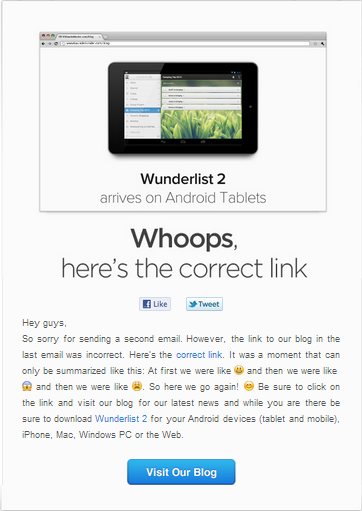An interesting article ran in Inc Magazine this week about Ben Huh and the layoffs at Cheezburger a while back, “How I Live With Myself After Firing a Third of My Employees.”
At first it looks like it’s been written by Huh. But I read it and it sounded nothing like how the charismatic CEO speaks. Then I noticed that it was “written by Liz Welch, as told to her by Ben Huh.”
This fact made have contributed to the piece sounding self-serving to some. In fact, there was a mini-debate in a Private Facebook group I belong to about this very subject. Some people found the article in very poor taste, suggesting Ben’s attitude seemed to be, “Well too bad for everyone I fired, I don’t feel bad at all.” Having met Ben several times in the Seattle start-up scene, it struck me that this didn’t seem like it would be Ben’s general attitude at all. Even the people who were neutral on Ben’s comments seemed to think the piece came across staged, edited or worse.
I want to give Ben the benefit of the doubt here, since he didn’t write the piece. So we don’t know what was lost in translation or incorrectly quoted by Welch. But I took away a few points:
- “We were profitable until we took VC investment” = Don’t just spend money because you have money in the bank. You still have to make smart decisions.
- “The Board did not ask for this, it was my decision” = As CEO, you have to think about the 42 people you are keeping just as much as the 24 you let go. I made the mistake of growing too fast, I’ll take the blame.
- “To mitigate the risk of a leak, I called John Cook” = The info will get out anyway, so unless you want one of the folks who got laid off to pen an anonymous op-ed piece for Geekwire, call Geekwire first and give John the straight scoop.
What do you think about this article? Any comments? Was Ben wrong, or did the magazine just butcher the story?




